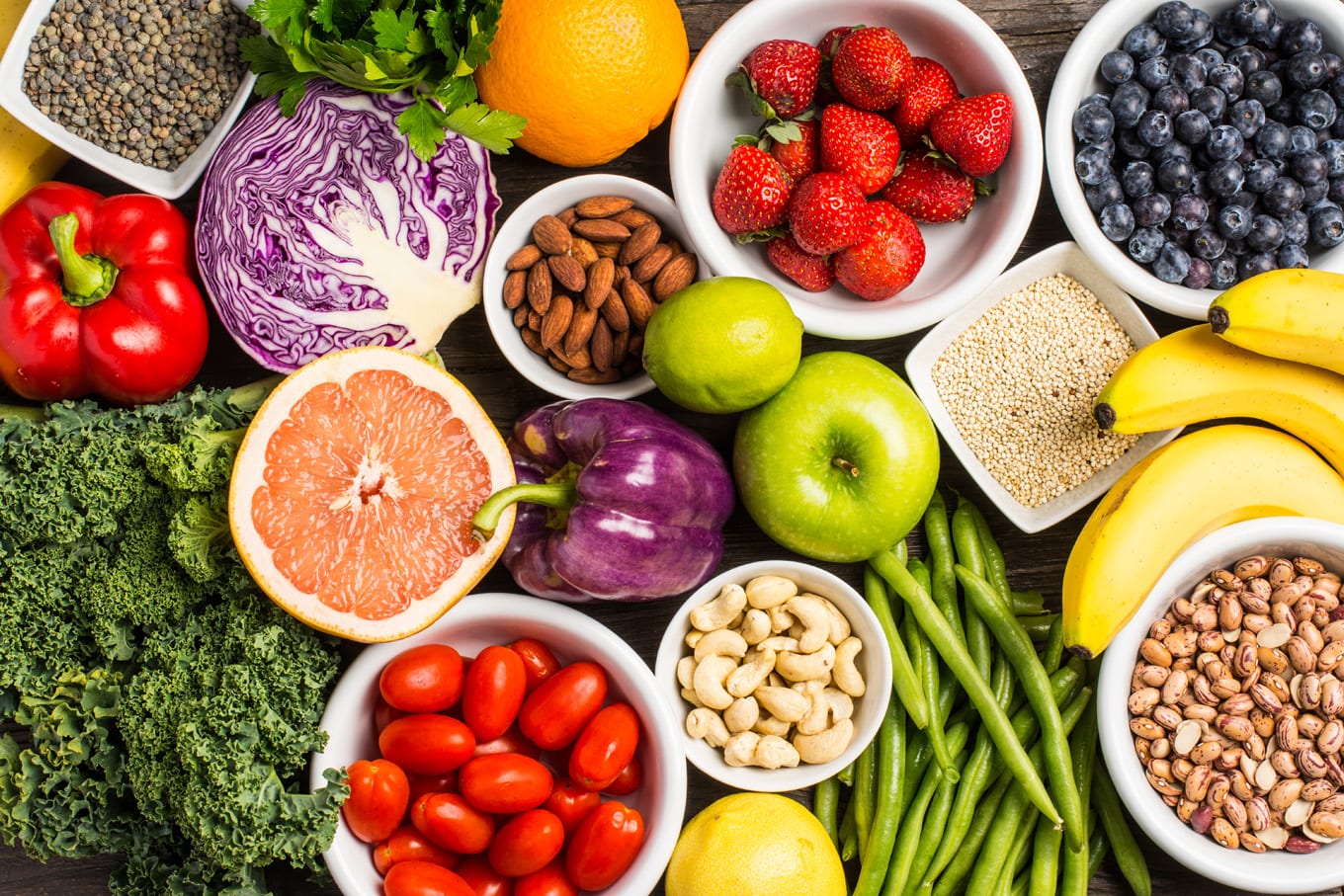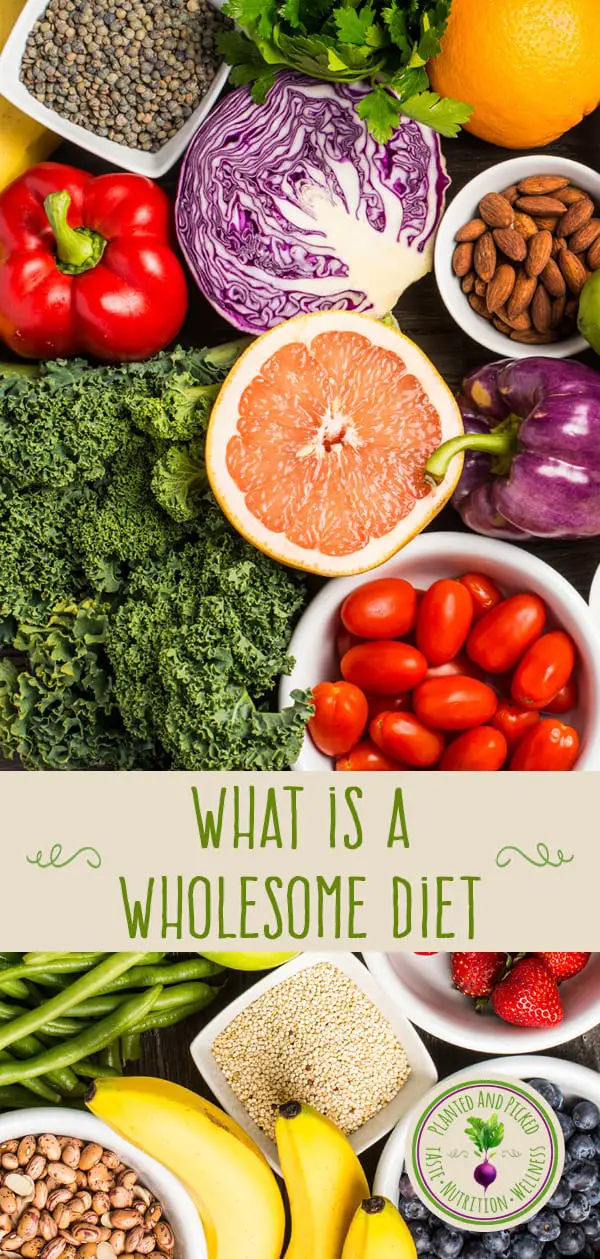
What is a wholesome diet? There is an overwhelming amount of information circulating about what people should and shouldn’t eat over the short and long term. The media reports on a different so called ‘new study’ every day. Do I eat Keto? Paleo? Vegan? Mediterranean? Are carbs good for me or bad for me? Do I get enough protein? Should I avoid fat?
Getting Back to the Basics
Most people are so confused about what constitutes a wholesome diet. They throw their hands up in the air and exclaim “what’s the point? I’ll just eat what I want and hope for the best.” Personally, I think we need to get back to basics. Michael Pollen, an American author, journalist, activist and author of books such as ‘The Omnivore’s Dilemma’ and ‘In defense of Food’ sums it up nicely when he says: Eat Food, Not Too Much, Mostly Plants.
Eat Food means eat real food. Most foods on the market right now are not real food because most of the food-like substances that we have access to are refined and processed. Food scientists, not nature, engineer these foods.
Not too much food means do not overeat. The Japanese use the term ‘Hara Hachi Bu’ which means eat until you are 80% full. Most people know that we have an obesity epidemic in most of the developed world and that being obese increases a person’s risk for many serious diseases and health conditions.
Mostly Plants: Plants contain a myriad of nutrients and powerful antioxidants. Not only do they provide the macronutrients essential for survival, they can also act as natural medicine for the body and are certainly part of a wholesome diet.
Living Longer
“The Blue Zones, 9 Lessons for Living Longer” By Dan Buettner, is a study of the communities with the most centurions and the lessons that can be learned from them. When it comes to food that is part of a wholesome diet, the recommendations are: Eat a plant heavy diet which showcases fruits and vegetables; make beans or tofu the centrepiece of each meal; eat nuts and seeds every day; and eliminate or limit the intake of meat.
What a Wholesome Diet Excludes . . .
Equally important to what goes into your wholesome diet (real food, mostly plants) is what you exclude from your diet. If you are eating real food, you are excluding food additives such sulfites, preservatives and artificial flavours. Equally important is to reduce the toxic load of our food. Eating organic foods whenever possible will reduce exposure to contaminants such as industrial waste, fungicides, insecticides, pesticides, herbicides and chemicals.
The Environmental Working Group (EWG) reports that conventionally grown strawberries tested by scientists at the U.S. Department of Agriculture in 2015 and 2016 contained an average of 7.8 different pesticides per sample. Most pesticides do not wash off; they are in the cells of the food. Also reported is that growers use massive volumes of poisonous gases to sterilize their fields before planting. This essentially kills every living thing in the soil. These poisons are certainly not part of a wholesome diet. Healthy soil makes healthy food. Refer to the EWG website for current research on the cleanest and most contaminated produce: https://www.ewg.org/foodnews/. Eating organic foods also has the benefit of ensuring that you are not eating genetically modified foods.
Our Philosophy for a Wholesome Diet
What is our food philosophy for a wholesome diet at Planted and Picked? To eat an organic, whole-foods-plant-based diet as much as possible and choose foods that cause the least amount of harm to all beings and the environment. Simple.
If you’re interested in reading more about healthy eating, check out our wellness posts about the Health Benefits of Beans and Antioxidants and Foods Containing Them.





Leave a Reply